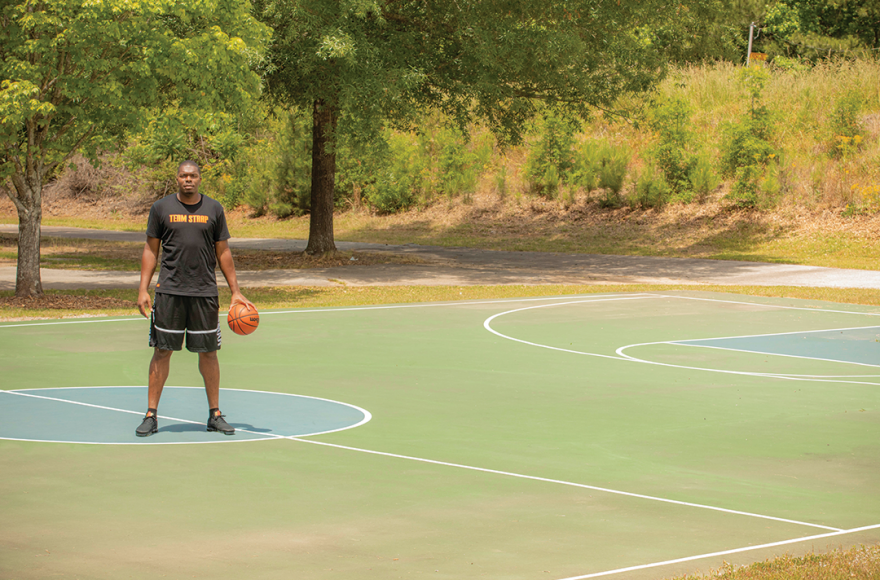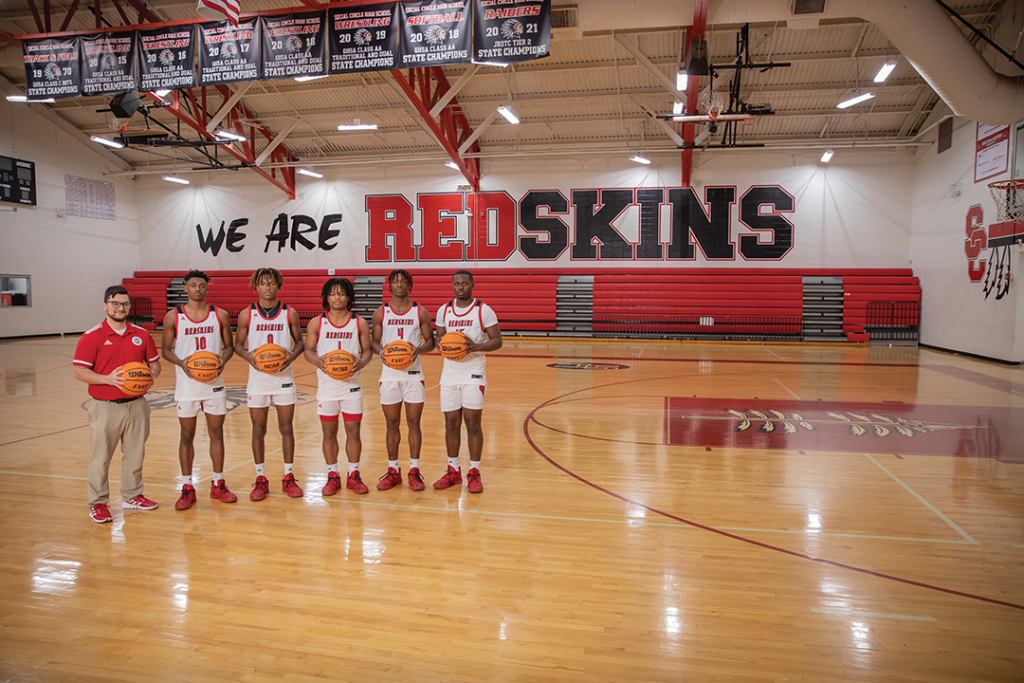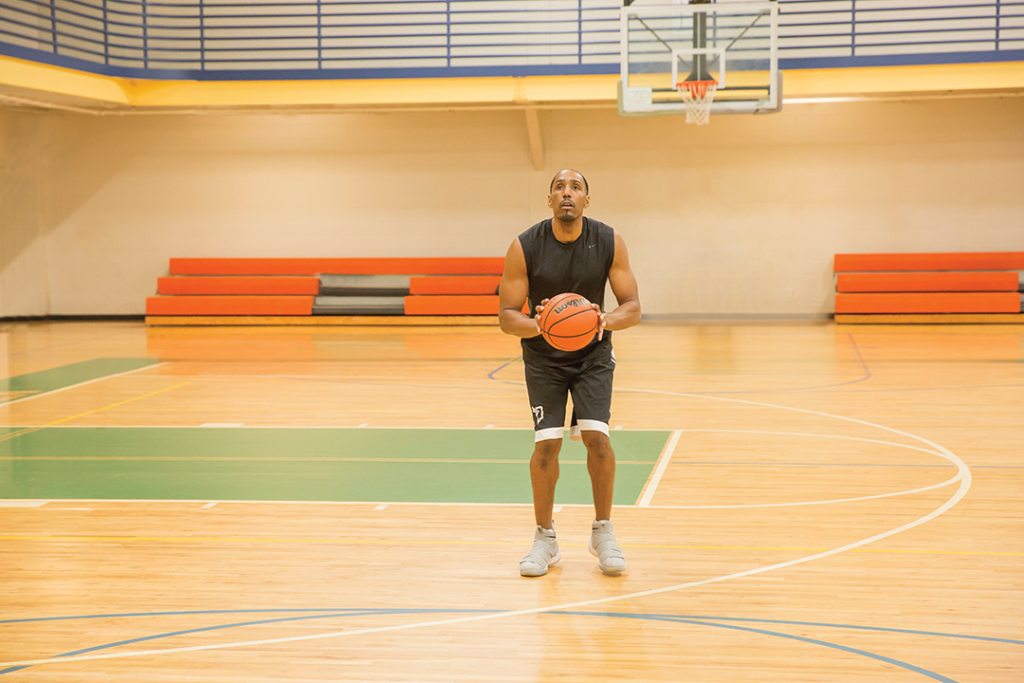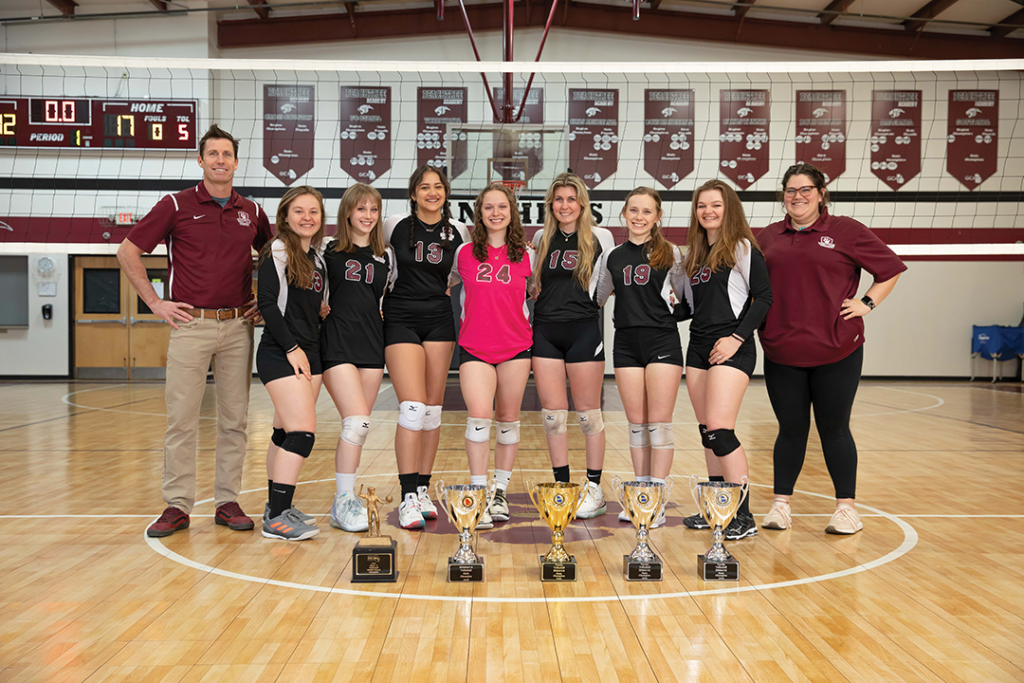When Marquis Gilstrap retired as a professional basketball player, he packaged together his knowledge and experience, brought them home and started opening doors for the next generation.
Whether he intended to or not, Marquis Gilstrap took Yoda’s six most profound words from “Return of the Jedi” and put them into practice: “Pass on what you have learned.”
The soon-to-be 33-year-old Gilstrap at one time seemed destined to become the first Newton County-born player to reach the NBA. After a stellar career at Eastside High School, the 6-foot-7, 215-pound forward was poised for a breakout at the junior college level—until he ruptured his patella tendon in 2005 and saw his career grind to a halt. Gilstrap chose not to complete his rehabilitation, gave up on basketball and moved back home, where he bounced from one job to the next. He missed two full seasons before an about face brought him back to the court at Gulf Coast State College in Panama City, Florida, where he earned All-America honors and emerged as one of the top players in the country.
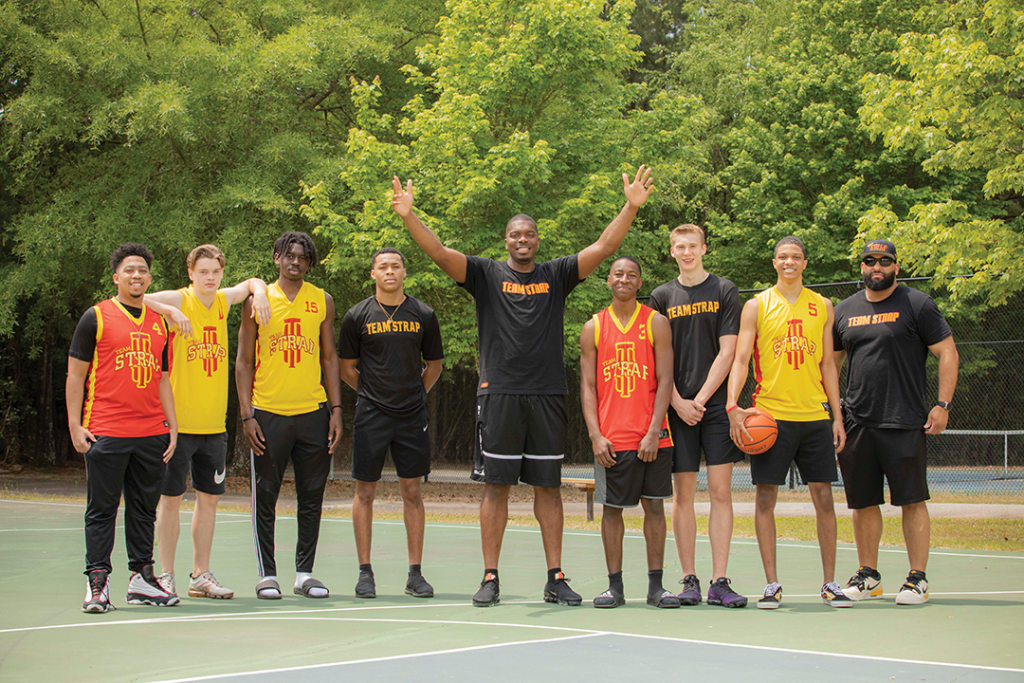
During his one season at GCSC, Gilstrap put up 22.6 points and 10.1 rebounds per game. His efforts drew the attention of Iowa State University, the same institution that was once home to former Newton High School standout Kantrail Horton. After he consulted with Horton, Gilstrap joined the Cyclones as a senior during the 2009–10 campaign, pumped in 14.9 points per game and ranked among the Top 35 nationally in rebounding (9.3). He was the only player in the Big 12 Conference to average a double-double in league play.
Gilstrap was ranked as the No. 26 prospect in the 2010 NBA Draft, but subsequent medical exams revealed residual damage from his knee injury and likely cost him his chance to compete at the sport’s pinnacle. He spent the ensuing years playing abroad in Turkey and Slovakia while also suiting up in the NBA Developmental League.
“I always knew I wanted to play professional basketball—and I did—but God put something in me as a kid. I always said that whenever I was done playing, I was coming back home.”
Marquis Gilstrap
“That injury always held me back from me being as good as I could have been,” Gilstrap said. “I couldn’t practice on certain days because it was swelling. I know I took Ibuprofen every day for probably three years. I was taking it just to get through practice and games.”
The demanding schedule in Europe offered him little opportunity to manage his injury, and he continued to deteriorate physically as the tread on his tires began to wear.
“The grind of playing overseas is totally different from here,” Gilstrap said. “I remember being in Turkey. We practiced for like 30 days straight with no days off—two-a-days, plus weights—and so my body just wasn’t holding up. The last time it swelled, they sent me to the doctor and he told me some of the muscles in my quad weren’t firing and that surgery couldn’t fix it.”
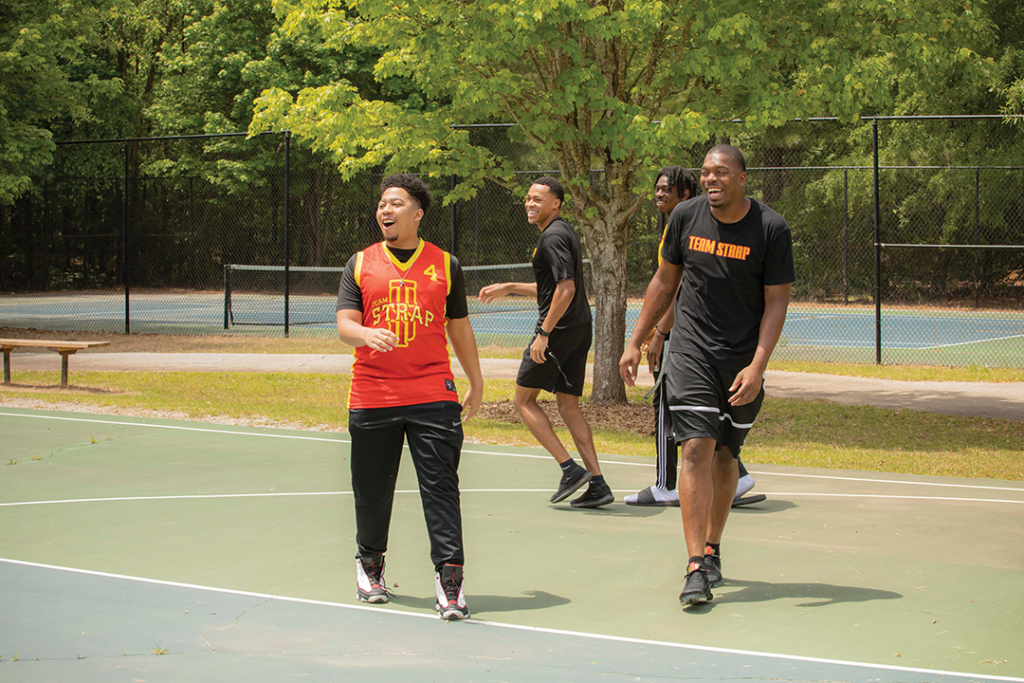
So it was that he made the decision to call it a career. He returned home once more, served as an assistant coach at his alma mater and took a job as a physical education teacher at Livingston Elementary School in Covington. Gilstrap also established annual summer basketball camps and trained some of Newton County’s most accomplished prep players, including University of Arkansas guard JD Notae and University of North Carolina-Greensboro guard Isaiah Miller.
Gilstrap’s personal development was impacted by current Newton head coach Charlemagne Gibbons, who connected him to an Amateur Athletic Union team when he was a freshman in high school. He drew upon the experience in 2017, when he started his own AAU program under the Team Strap banner.
“Every senior that I coached when I was at Eastside and who has come through my AAU program has graduated from high school and gone on to play college basketball or gone on to academic scholarships,” Gilstrap said. “I have a 100 percent success rate with all of my seniors.”
Gilstrap’s AAU program, which caters to prospective players in and around Newton County, features a 16-year-old team and two 17-year-old teams, one of which Gilstrap coaches himself. He has also considered starting a fourth- or fifth-grade team for his 10-year-old son, who already stands 5-foot-3 and weighs 130 pounds. However, Gilstrap’s efforts extend beyond the sport.
“The bigger picture with me is building a brotherhood and a network where I try to tell them, ‘I know all of you are not going to play professional basketball, but you all can be entrepreneurs or doctors or lawyers,” Gilstrap said, “and when you’re in a time of need, you can just pick up the phone and call one of your brothers.’”
The AAU season typically runs from March through the middle of summer and offers players the chance to test their skills against high-level competition under tournament conditions. It covers 30-plus games—the equivalent of an entire high school season. Gilstrap estimates he has at least 50 players under his wing.
“I try to play in everything that’s NCAA-certified,” he said. “There’s only a certain time when college coaches can come out. I just wanted to give these kids in our area a platform to show off their talents and to show they can compete with the kids from out of state. I got a lot of flack growing up here in Covington. People were like, ‘Yeah, you’re good for this area, but you can’t compete with the kids in Atlanta.’ I just want to put that myth to bed.”
Mentorship drives Gilstrap’s approach, a modern-day Yoda raising up the next generation of Luke Skywalkers on the basketball court.
“I try to take all of my experiences in and give these kids everything that I learned later on in life,” he said. “I try to expose them to it early. I know what it takes to get to wherever level you need to get to. There are certain things I try to harp on to get the high school kids to college and to teach the college kids what they need to know to get to the professional level.”
While the reality that Gilstrap was never afforded the opportunity to play in the NBA will always be something of a thorn in his side, his priorities have changed with time.
“I always knew I wanted to play professional basketball—and I did—but God put something in me as a kid,” he said. “I always said that whenever I was done playing, I was coming back home. I just wanted to give back, so I think that’s why I’m happy now. I’m at ease with it.”
Click here to read more stories by Brian Knapp.

